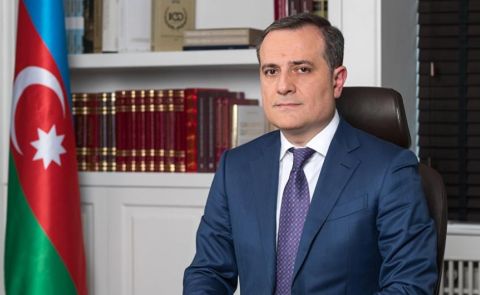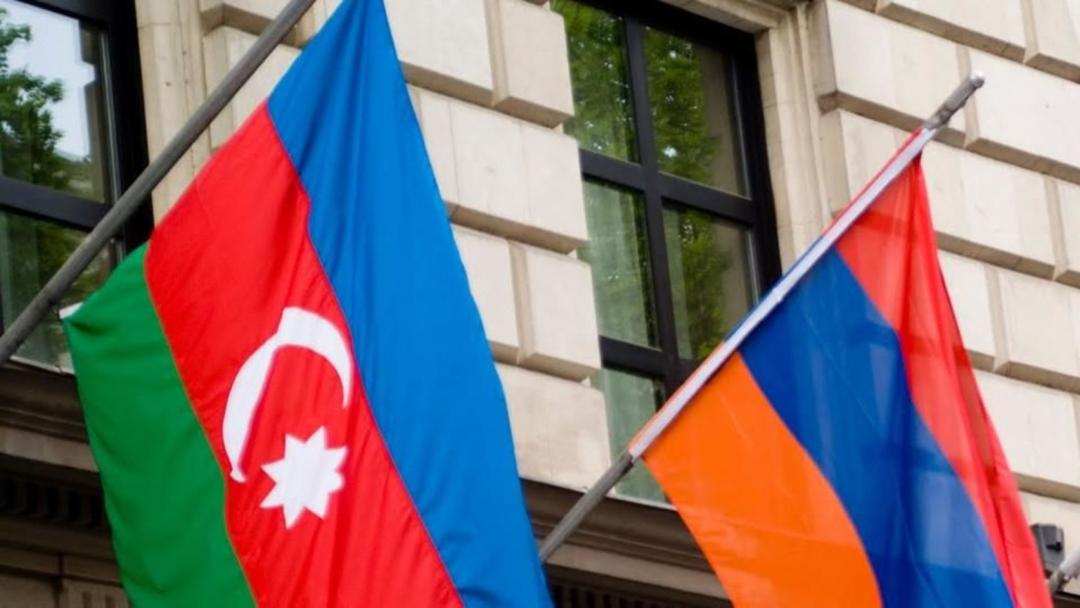
Armenian Deputy PM Outlines Challenges in Border Delimitation with Azerbaijan

On October 21, Armenian Deputy Prime Minister Mher Grigoryan stated during the Parliamentary Standing Committee on Foreign Relations session that Armenia and Azerbaijan have not yet determined the next section to delimit their state border following the Tavush section.
Grigoryan noted, "There have not even been discussions about the next section. The principles on which the plots will be selected have not yet been fixed. There is one precept — the issue must be resolved by consensus. One of the parties cannot just come and say that ‘we want to hold here and that’s it.’"
Addressing Kocharyan's concerns about Baku potentially interrupting the delimitation process after securing desired territories, Grigoryan acknowledged that such a risk always exists. Nonetheless, he asserted the importance of proceeding in a legal direction regarding the delimitation issue. He emphasized that an agreement will ultimately be signed, including a protocol description of all border sections. "We have agreed not to return to the already finalized sections of the border, as the work is complicated and chaos may arise," he concluded.
Grigoryan neither confirmed nor denied any threats from Azerbaijan regarding the possible resumption of military actions if the state border demarcation process in the Tavush section does not proceed as planned this spring. He was reminded of remarks made by Armenian Prime Minister Nikol Pashinyan, who indicated to residents that the lack of implementation of the delimitation process could lead to military action from Azerbaijan. In response, Grigoryan urged caution, stating, "In terms of threats or in terms of the content of our discussions, I must ask you to limit yourself to what is there and what was said in official press releases. I cannot report anything."
When journalists asked on October 21 about guarantees regarding Azerbaijan's completion of the ratification process for the border demarcation commissions, Grigoryan expressed that Armenian authorities are not rushing the process. He reiterated that they have initiated the process calmly and that their current strategy is functioning. "Have you found out what stage this process is at in Azerbaijan? So find out. When we finish, and it becomes clear that we are in a hurry and the other side is not completing, then ask this question," he added.
Grigoryan confirmed that there is still no agreement on the next delimitation section, highlighting that the initial focus will be on internal state procedures. Following the adoption of regulations, notifications will be exchanged, and discussions regarding delimitation in other sections will commence. He also clarified the significance of the 1975 map, stating that it comprises maps from the General Staff of the USSR Armed Forces, created between 1974 and 1978 and enforced in 1979. However, he noted that these maps are not the sole reference for the delimitation process. Grigoryan stated that it is impractical to fix a specific map in the regulations, as the appropriate map will depend on the area being delineated, and specific maps from different years must be referenced.
During a session of the National Assembly of Armenia on October 22, Grigoryan also emphasized that the regulations of the commissions on border security mandate that all issues between Armenia and Azerbaijan must be resolved by consensus. He noted that a crucial aspect of this regulation is ensuring that all matters are settled within the commission framework by mutual agreement. "There will be no situation that will concern our or the Azerbaijani side and within the framework of which any demands will be put forward," he assured.
Grigoryan further explained that the consensus discussions aim to clarify and formalize all issues before making any decisions. He highlighted that the primary function of the regulations on border security commissions is to resolve disputes without resorting to military means or the use of force, establishing a platform for mutual approval. He remarked on the potential complications if one party were to seek a military resolution to any dispute or conflict situation. "We have not given any reason for such a development of the situation," Grigoryan added.
See Also


Nordic-Baltic Delegation Meets Armenian Leaders to Discuss Regional Cooperation and Peace

Azerbaijan Strengthens Energy Partnerships with Multiple Countries

BP Strengthens Presence in Azerbaijan’s Offshore Energy Sector

Netanyahu’s Letter to Aliyev: Mutual Trust, Solidarity Following Hamas Attacks, Facilitating Dialogue Between Israel and Türkiye

